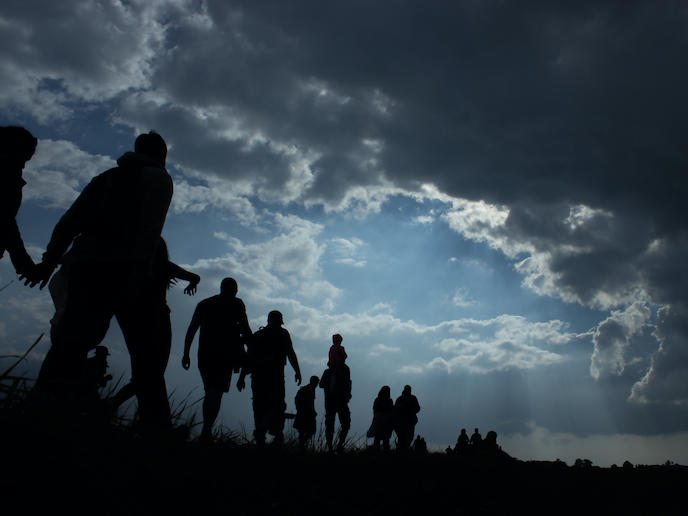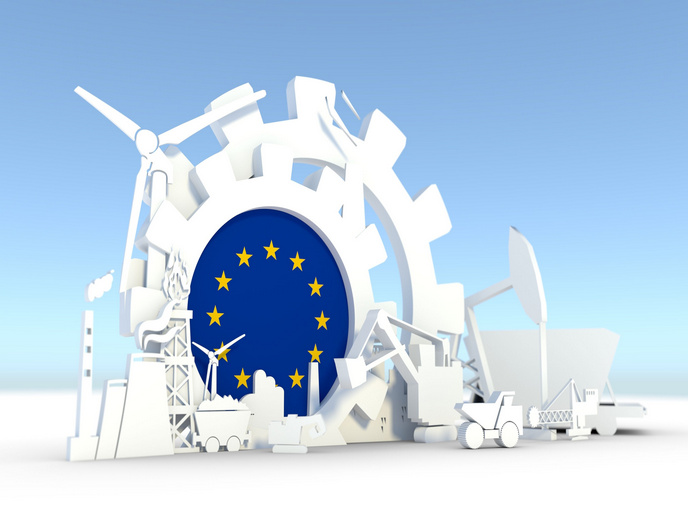Re-evaluating European values to rediscover unity
When ideas and expectations diverge, the willingness to engage with existing procedures and to come to common decisions decreases. Within the EU, this can be seen in the field of migration and refugee policy. “Some Member States and political actors expect the EU to support them in their endeavours to ward off refugees,” notes NoVaMigra(opens in new window) project coordinator Andreas Niederberger from the University of Duisburg-Essen(opens in new window) in Germany. “Others expect the EU to enforce international or European laws that oblige them to accept and protect refugees.” The emerging dispute, explains Niederberger, is not just about differences in willingness to provide protection to refugees. Rather, it is about mutually exclusive notions of legitimacy. “This threat to unity is about competing understandings of what the EU is and what it should be,” he adds.
Rethinking European values
The NoVaMigra project sought to assess whether the arrival of more than 1 million refugees since 2015 has damaged European consensus and, if so, what this means for the future of the EU. To do this, the project team brought together philosophers to bring some conceptual clarity to talk of European values. The team then examined these key values as applied to the field of migration, and whether any changes have occurred in recent years. “We found that recent European experiences with refugees have not led to a change in values,” says Niederberger. “The ‘refugee crisis’ has revealed differences in understandings of values that existed before, but which did not have as serious an impact on other issues as they did on the refugee issue.” This, adds Niederberger, is evident today in the value of solidarity. For some, solidarity stands for a general attitude of humanitarian support, while for others, it means mutual support in the pursuit of their own goals. “This leads to another key insight, which is that we cannot continue to assume a set of shared values in the EU,” remarks Niederberger. “A discussion of values will inevitably make visible and perhaps even reinforce divisions in Europe.”
Creating new dialogues
A key recommendation from the NoVaMigra project is that dialogue about European values needs to be more precise. “If the aim of dialogue is to reach agreement on the EU’s core commitments, it would be much more helpful to focus on essential rights such as the protection of human dignity and the guarantee of human rights for all, globally,” explains Niederberger. Secondly, to enable a dialogue about the commitments expected from newcomers in the process of civic integration, course materials and teaching should emphasise the inclusive and mutually supportive functions of values. The project also recommends strengthening the work of civil society and municipal actors in the reception and integration of newcomers. Niederberger notes that the ‘refugee crisis’ triggered unprecedented enthusiasm within civil society. “We cannot appeal to a supposed consensus of values that does not exist,” says Niederberger. “We need to focus on what is really needed to re-establish European unity.” In effect, this means developing a narrower, but more sustainable and inclusive foundation of the EU, which at the same time ensures its cosmopolitan character. “The long-term legacy of the NoVaMigra project will hopefully be a substantial change in the debate on supposed ‘European values’,” concludes Niederberger. “Ultimately, it is Europeans who will benefit most from a legitimate and functioning EU.”







